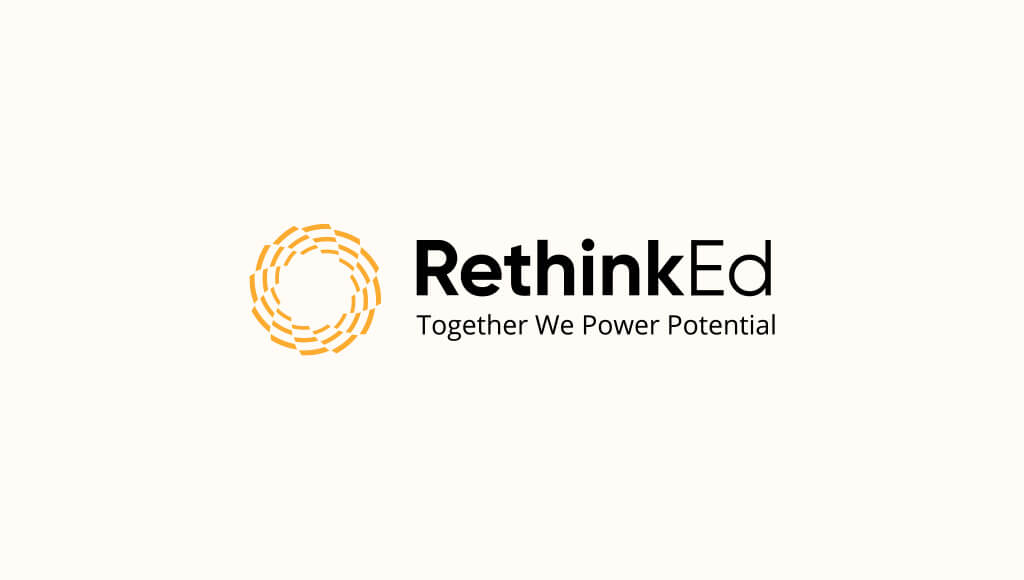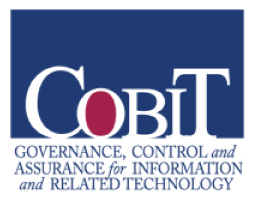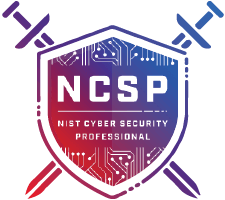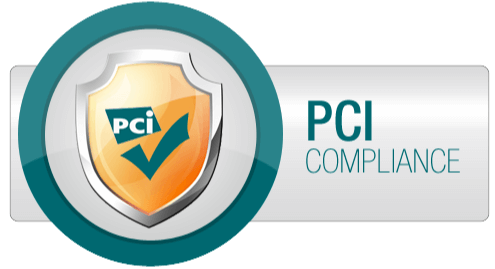Three Tips to Keep You on Track
Across the United States, the role of the instructional coach continues to gain momentum, change forms, and redefine itself to meet constantly evolving educator needs. As such, it is difficult to clearly outline the role and its responsibilities. One thing that is consistent and a critical component of the success of coaches is that coaches remain non-evaluative in their work.
Elena Aguilar, who wrote the popular book “The Art of Coaching: Effective Strategies for School Transformation,” states “coaching tied with evaluation is a recipe for disaster; in order to be able to work with a coach and really learn, you have to be able to feel like you can really take risks. And if coaching is tied to evaluation, it’s not going to even be possible.” This piece of advice embodies the spirit of a successful teacher-coach relationship in that for professional growth and learning to take place, a supportive and feedback-rich environment is necessary.
However, in the age of high-stakes testing and increased teacher accountability, coaches are often brought in to address gap areas discovered during teacher evaluation processes. To ensure that truly meaningful coaching occurs, here are three tips for coaches to ensure their relationship with teachers remains supportive and fosters growth:
1. Outline roles and responsibilities of all professionals involved in the coaching process; this includes the coach, the teacher, and the principal or evaluator.
Ensuring that everyone knows their roles, the limits, and expectations creates a culture of transparency and honesty. If a teacher trusts the promise that coaching conversations remain confidential, he is more likely to be open with the coach and begin the work needed to change. Conversely, a principal’s respect of the growth process is critical.
2. Coaches should approach their work as a facilitator and learning guide, leaving agendas and ultimatums at the door.
When a coach approaches a teacher with an open mind and without ulterior motives, it allows the teacher to guide their learning process, select their outcomes, and be their own agent of change. Allowing teachers to do this fosters reflection and emphasizes reactive teaching, which drives them to further examine their practice critically and analytically. A coach should be there to listen, suggest, encourage, and provide feedback.
3. Approach coaching with student outcomes in mind; choose the coaching approach that best fits the district’s vision and needs.
There are a variety of coaching models; cognitive, inquiry-based, instructional, and student-centered. One is not better than the other and at the heart of each is the desire to improve student outcomes through effective and meaningful instruction. This cannot happen without honest and reflective practice from both the coach and the teacher.
As a practice in schools, instructional coaching shows no signs of slowing down, nor are teacher evaluations going anywhere soon., It is our duty to grow as professionals to provide the best education and experience to our students. Instructional coaches have a unique and profound opportunity to guide a new generation of educators into the future, build capacity in our schools, and see kids succeed. As the saying goes, “behind every great person, is a great teacher”, and just maybe, an instructional coach too.











